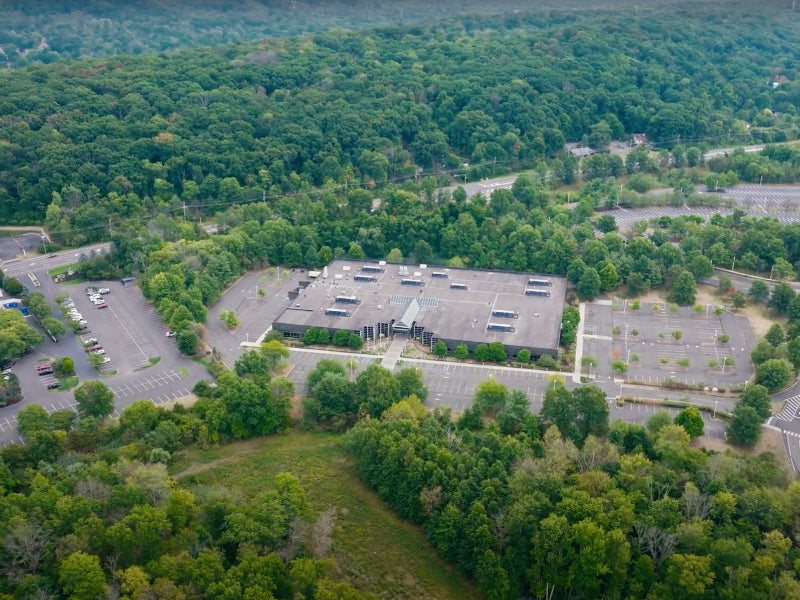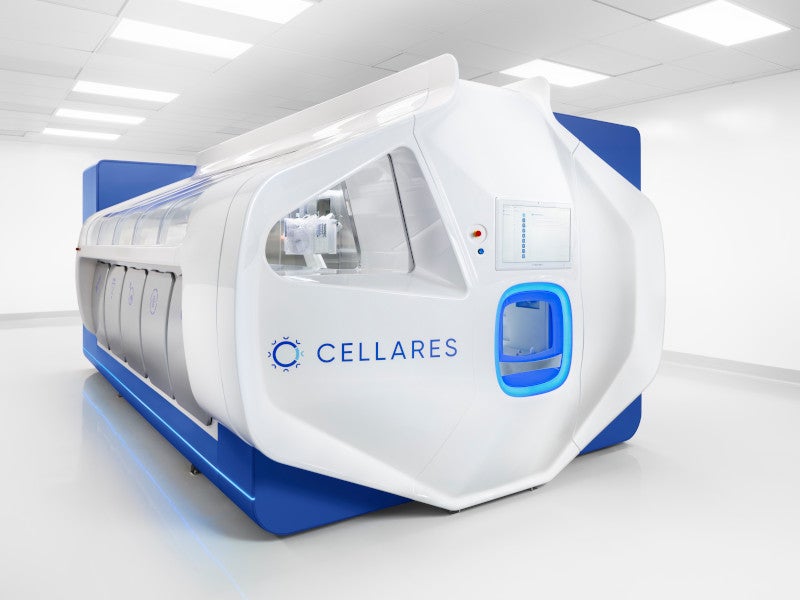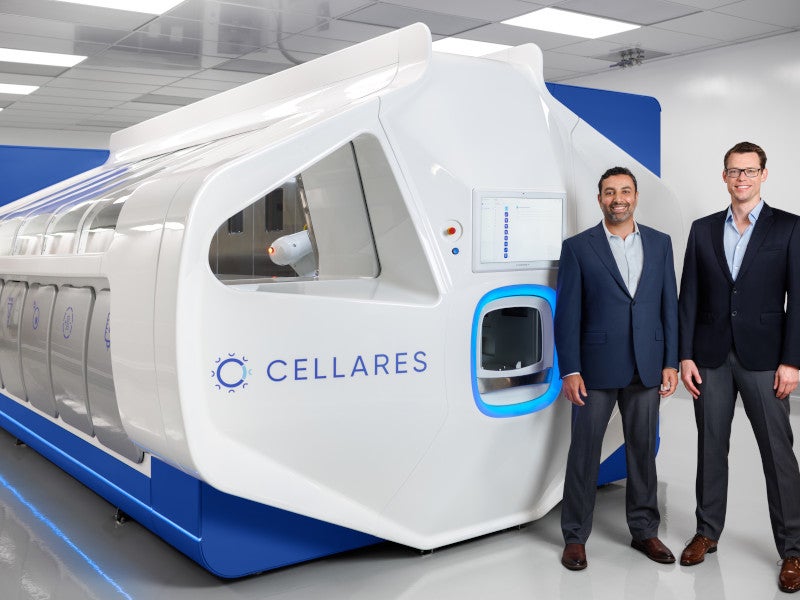Cellares, a US-based integrated development and manufacturing organisation (IDMO) focused on cell therapy, launched its second IDMO Smart Factory in Bridgewater, New Jersey, US, for preclinical, clinical and commercial-scale cell therapy manufacturing.
The company raised $255m in a Series C funding round led by investor Koch Disruptive Technologies to launch the facility in August 2023. Other participants included Bristol Myers Squibb, DFJ Growth, Willett Advisors and existing investors Eclipse, Decheng Capital and 8VC.
The funding was directed towards establishing the good manufacturing practice (cGMP) facility by integrating advanced robotics, purpose-built technology and interconnected software seamlessly, all within an Industry 4.0 framework.
The manufacturing site was opened in January 2024, generating approximately 350 local jobs.
Location
The facility is located at 95 Corporate Drive, Bridgewater in Somerset County, formerly occupied by Pfizer.
Cellares’ IDMO Smart Factory details
Cellares’ IDMO Smart Factory is built on an area of 118,000ft² with the capability to produce more than 40,000 cell therapy batches a year based on a seven-day autologous process.
The use of integrated technologies enables the facility to increase productivity by tenfold when compared to conventional contract development manufacturing organisation facilities.
The company’s technology adoption programme (TAP) allows the automation of manual tasks and transfer technology to Cellares’ cGMP-compliant Cell Shuttle platform within just six months.
Cellares’ proprietary Cell Shuttle represents a cost-effective, dependable, modular, fully automated, ultra-high throughput and easily scalable cell therapy manufacturing platform. The site has a capacity of 50 Cell Shuttles.
Cell Shuttle platform details
The Cell Shuttle offers a path to fully closed, reproducible and scalable cell therapy manufacturing by combining all the necessary technologies within a versatile and high-capacity platform. The platform offers seamless, hands-free automation from start to finish, minimising the need for constant human intervention.
The technologies enhance productivity, consistency and quality and ultimately enable cell therapies to reach patients more efficiently.
In the framework of the TAP programme, cell therapy developers who are part of the programme have the flexibility to transfer their cell therapy procedures onto a Cell Shuttle at any stage during the preclinical phase, clinical trial stage, or even after obtaining regulatory authorisation.
The technology aims to reduce process failure rates by 75%, eliminate operator errors and minimise contamination risk.
The technology also offers the potential for a 65% reduction in average manufacturing costs. It is adaptable to various cell therapy modalities, supporting both autologous and allogeneic processes. The platform is designed to cater to around 90% of cell therapy modalities, showcasing its versatility.
Cell Shuttle features
A Cell Shuttle allows automated sample collection for online and offline quality control. Each Cell Shuttle contains four sterile liquid transfer systems to facilitate automated reagent addition, waste removal and sampling from the fully closed consumable cartridge.
The single-use consumable cartridge is equipped with modules to support critical unit operations of the cell therapy manufacturing process.
Each consumable cartridge contains multiple smart containers, sterile liquid transfer ports, two magnetic selection flowcells, an impeller-driven, perfusion-enabled bioreactor system, two electroporator chambers and a counterflow centrifugal elutriator.
A reagent vault system in a Cell Shuttle enables the storage and tracking of reagents using sterile liquid transfer devices (SLTDs) in environments between 2°C and 8°C.
SLTDs are automatically delivered to the sterile liquid transfer system when prompted by a process. Each SLTD’s exterior undergoes automated decontamination before entering the ISO8 environment of the Cell Shuttle.
Each Cell Shuttle is equipped with 16 bioprocessing systems that support all unit operations for cell therapy manufacturing. The operations encompass enrichment, selection, activation, transduction, electroporation, expansion and formulation.
Collaboration on Cell Shuttle platform details
Bristol Myers Squibb (BMS), a biopharmaceutical company, joined the TAP programme in August 2023. BMS plans to use the Cell Shuttle for proof-of-concept transfer procedure for the production of two CAR-T cell treatments.
BMS extended the partnership with Cellares in October 2023 to enhance, automate, and transfer the supplementary CAR-T cell therapy procedure onto the Cell Shuttle. It entered a second proof-of-concept technology transfer process to manufacture a CAR-T cell therapy.
Lyell Immunopharma, a clinical-stage T-cell reprogramming company, joined TAP in September 2023. The firms have agreed on a proof-of-concept technology transfer procedure as part of their partnership for employing the Cell Shuttle to manufacture Lyell’s LYL797 CAR-T cell treatment.
In November 2023, Cabaletta Bio, a clinical-stage biotechnology startup, joined TAP. The agreement includes a proof-of-concept technology transfer procedure between the two companies for employing the Cell Shuttle to generate clinical-stage completely human CD19-CAR-T cell product candidate CABA-201.
Marketing commentary on Cellares
Headquartered in California, Cellares aims to deploy Cell Shuttles in their Smart Factories across the globe to effectively cater to the global demand for cell therapies.
Cellares currently operates two Smart Factories in the US. The South San Francisco Smart Factory focuses on preclinical development and tech transfer. Meanwhile, the Bridgewater, New Jersey facility is dedicated to commercial-scale manufacturing.





